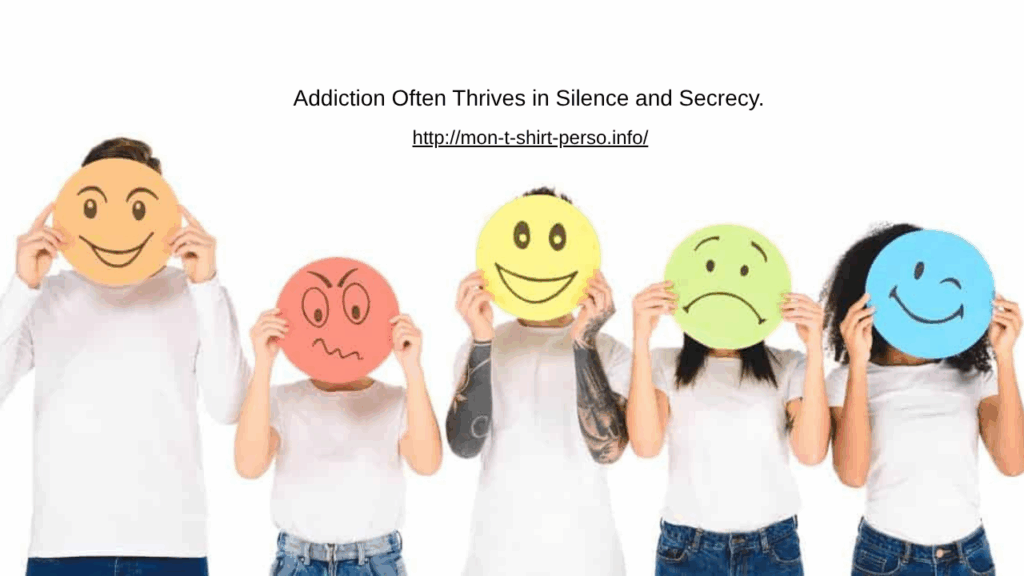
Why Emotional Honesty Matters in Recovery
In addiction recovery, healing is not just about breaking free from substances. It is also about confronting the emotions and experiences that have shaped your journey. Many people entering treatment have spent years suppressing feelings, avoiding difficult conversations, or hiding their struggles. Speaking your truth changes that. It is an act of courage that helps you release emotional weight, connect with others, and create a foundation for long-term wellness.
When emotional expression is encouraged and supported, it allows individuals to process pain instead of carrying it silently. This is not simply “talking about your problems.” It is learning to articulate what you feel in a way that fosters self-understanding, healing, and hope.
The Link Between Emotional Expression and Mental Health
Addiction often thrives in silence and secrecy. Unspoken emotions can intensify feelings of isolation, anxiety, and depression. Research consistently shows that expressing emotions in a safe environment reduces stress, improves mood, and strengthens mental resilience.
For those in recovery, this can mean the difference between staying trapped in a cycle of relapse or building a sustainable, healthy life. When you speak your truth in a therapeutic setting, you are not only sharing your story—you are actively reprogramming your brain’s stress response and creating healthier coping patterns.
Creating Safe Spaces for Vulnerability
A core part of effective treatment is providing a safe, non-judgmental environment where individuals can be open about their thoughts and emotions. At a quality recovery center, this may happen through one-on-one counseling, group therapy, or holistic approaches such as mindfulness and art therapy.
These safe spaces help you practice emotional expression without fear of rejection or misunderstanding. Over time, this builds trust—not only with others but with yourself. You begin to believe that your feelings have value and deserve to be heard.
Practical Ways to Speak Your Truth in Recovery
- Start small: Share one genuine feeling a day with a trusted person or therapist.
- Use “I” statements: Speak from your own experience to avoid defensiveness.
- Practice active listening: Hearing others share their truths can encourage you to open up.
- Explore creative outlets: Journaling, painting, or music can be powerful ways to express emotions that are hard to verbalize.
The Role of Holistic and Faith-Based Support
Holistic and faith-based recovery programs often place a strong emphasis on emotional expression as part of spiritual and mental healing. Whether through prayer, meditation, or guided reflection, these practices encourage openness and authenticity. They help you connect your emotions to your values and beliefs, offering deeper meaning to your recovery journey.
Speaking Your Truth as a Lifelong Skill
Emotional expression is not just for the early stages of recovery. It is a lifelong skill that helps you navigate stress, maintain healthy relationships, and stay grounded in your personal growth. Over time, you will notice that speaking your truth becomes second nature, replacing old habits of suppression or avoidance.
Conclusion: Taking the First Step
The path to recovery begins with honesty—with yourself and with others. Speaking your truth is one of the most powerful tools you have to reclaim your life from addiction. If you are ready to begin a journey that embraces your emotional well-being as much as your physical health, now is the time to reach out. Help is available, and your story matters.
Your voice is more than just words. It is the key to healing, connection, and lasting recovery.
0 Comments